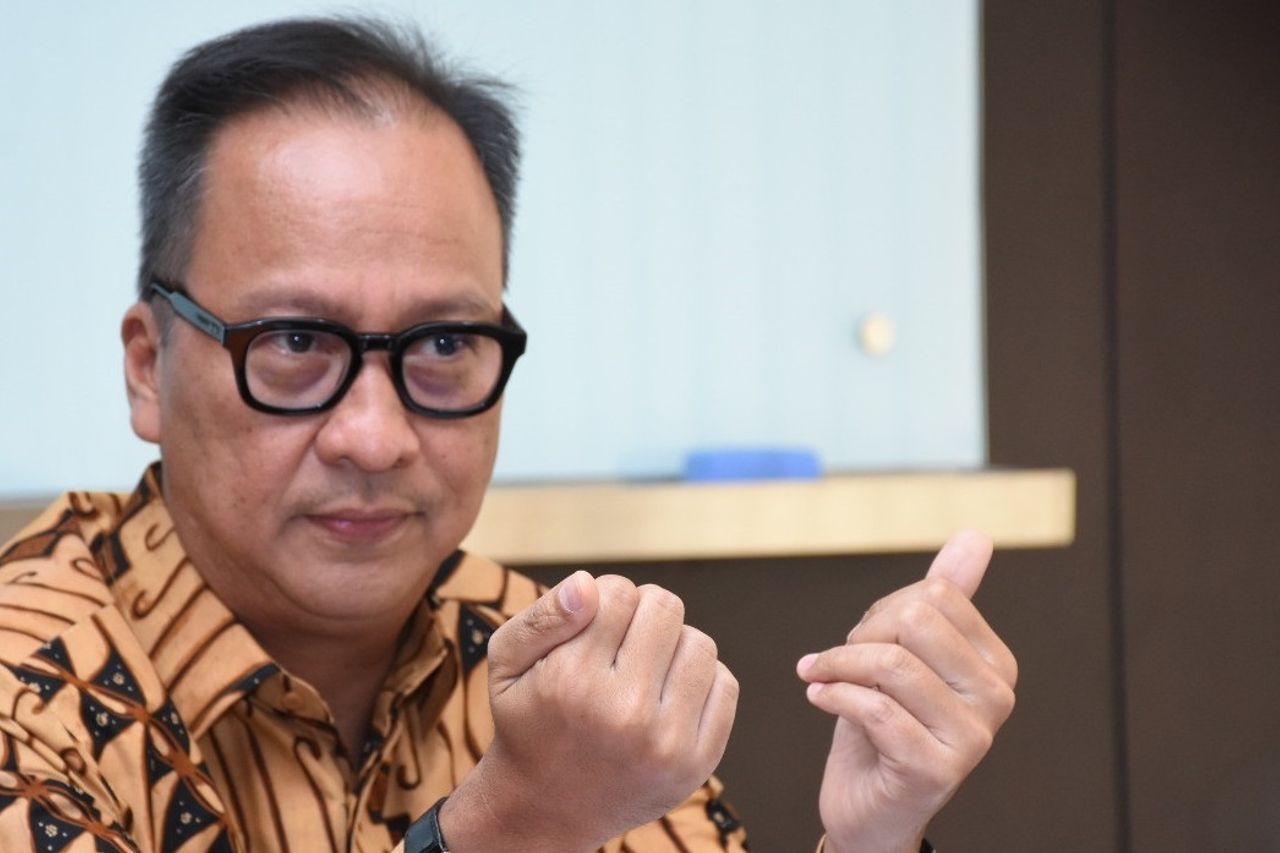Government Homework To Suppress Steel Imports

JAKARTA - The government is increasingly serious about fostering and building a national steel industry, both with the status of State-Owned Enterprises (BUMN) and private companies. Therefore, various strategic steps have been prepared so that the steel industry in the country can become a host in their own country and be competitive up to the global stage.
"One of the homework that needs to be done right now is to suppress imports and focus on increasing the utilization of the national steel industries so that they can supply raw material needs for the domestic downstream sector," said Minister of Industry (Menperin) Agus Gumiwang Kartasasmita in a written statement. which was quoted Thursday 13 February.
The Minister of Industry emphasized that in order to boost this utilization, his party continues to encourage the national steel industry to apply modern technology in its production process. This is to produce quality products more efficiently, so that they will be able to be competitive in terms of price with foreign products.
"Moreover, Indonesia has a large enough potential for raw materials, such as iron sand reserves in Java, which still need to be processed again to increase its added value. This of course requires updated technology to be able to maximize production, "he explained.
Furthermore, in order to reduce the flood of imported steel and iron products, the government is ready to provide protection for domestic industries. This policy, for example, is through the imposition of anti-dumping import duties (BMAD), safeguards, and the application of the mandatory Indonesian National Standard (SNI) for steel products.
"Next, we have to see an overview of the steel trade system data itself. So, from the statistical data we have, the national steel industry can actually supply up to 70 percent of domestic demand if its capacity can be increased. Meanwhile, the remaining 30 percent has no industry in the country, "he said.
Agus conveyed that the policy to suppress steel imports is believed to be able to optimize domestic industrial production capacity. "This means that the domestic supply remains in the maximum portion," he added.
It has been decided
In addition, in a limited meeting (ratas) with President Jokowi yesterday, it was decided that slag was no longer considered waste. This is because there are only two countries in the world that see the slag as waste, namely Indonesia and Belgium.
"Meanwhile, Belgium itself has no industry," said the Minister of Industry.
Based on an assessment by Environmental Protection Energy (EPA), steel and iron slag is not harmful. "So, we follow what kind of international practice," he said.
The Minister of Industry added that in the European Union and Japan, steel slag is fully used for the reproduction process which is in line with the circular economy concept. "So, steel slag is not considered as waste, but can be used as raw material to support a circular economy," he explained.
Then, in the Ratas it was also decided to relax imports for metal scrap because the domestic industry needed it as raw material and supported downstream. Currently, the need for scrap reaches 9 million tons, which can support billet production of 4 million tons per year.
The use of scrap is considered to have a positive impact on several aspects, including saving a balance deficit of around US $ 100 per tonne. "If the production can reach 4 million tons per year, I can say that there is also an opportunity loss for the domestic industry, 400 million US dollars per year," he explained.
In addition, the use of scrap is also considered to have a positive impact by increasing the competitiveness of the downstream industry due to obtaining more competitive raw materials and expanding job opportunities.
